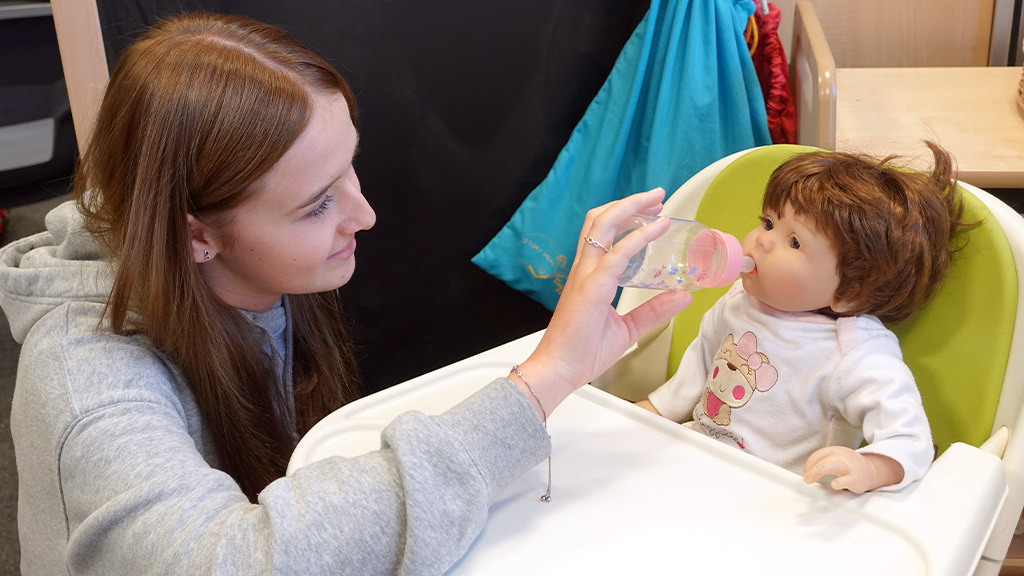Course Overview
This is for someone who wants to work as highly trained professional in Early Years through job roles such as nursery nurse and childminders, in settings such as full day care, children’s centres, pre schools, reception classes and as childminders. Helping young children learn and develop well and are kept healthy and safe.
Your course is organised on an individual basis. You will plan your work with your assessor who will support you to achieve. You will be set regular deadlines and will receive feedback and support on a regular basis.
What You Will Study
By the end of the course you will know and understand:
- The expected patterns of children’s development from birth to five years, and have an understanding of further development from ages five to seven.
- The significance of attachment and how to promote it effectively.
- A range of underpinning theories and philosophical approaches to how children learn and develop, and their influence on practice.
- How children’s learning and development can be affected by their stage of development and individual circumstances such as moving school, birth of a sibling, family breakdown and adoption and care.
- The importance of promoting diversity, equality and inclusion, fully reflecting cultural differences and family circumstances.
- The importance to children’s holistic development of: speech, language and communication - personal, social and emotional development - physical development.
- Systematic synthetic phonics in the teaching of reading, and a range of strategies for developing early literacy and mathematics.
- The potential effects of, and how to prepare and support children through, transitions and significant events in their lives.
- The current early education curriculum requirements such as the Early Years Foundation Stage.
- When a child is in need of additional support such as where a child’s progress is less than expected. how to assess within the current early education curriculum framework using a range of assessment techniques such as practitioners observing children through their day to day interactions and observations shared by parents and/ or carers.
- The importance of undertaking continued professional development to improve own skills and early years practice.
- The legal requirements and guidance on health and safety, security, confidentiality of information, safeguarding and promoting the welfare of children.
- Why health and well-being is important for babies and children.
- How to respond to accidents, injuries and emergency situations.
- Safeguarding policies and procedures, including child protection, recognise when a child is in danger or at risk of abuse, and know how to act to protect them. Types of abuse include domestic, neglect, physical, emotional and sexual.
- How to prevent and control infection through ways such as handwashing, food hygiene practices and dealing with spillages safely.
- Attendance Expectations
You will meet with your assessor every five weeks, and a progress review with your manager and assessor every 10 weeks.
- How You Will Be Assessed
Your assessor will set you deadlines for your written tasks which are then assessed via an electronic portfolio. There are also assessments of your performance in your workplace.
You are expected to meet at regular intervals with your assessor – every five weeks and you are expected to complete within the given timeframe (18 months).
At the end of the course, you will also need to achieve End Point Assessment, where you will produce a portfolio of evidence, carry out a professional discussion and sit a multiple choice test.
- Entry Requirements
GCSE Grade 9-4 including English and Maths.
You need to be working in a Child Care setting.
You will also need to complete a First Aid course whilst studying the Apprenticeship.
- Fee Information
Please contact the Apprenticeship Recruitment Team on 01924 789469 or email
This email address is being protected from spambots. You need JavaScript enabled to view it. - Further Study
Further Study to progress, towards primary teaching.
